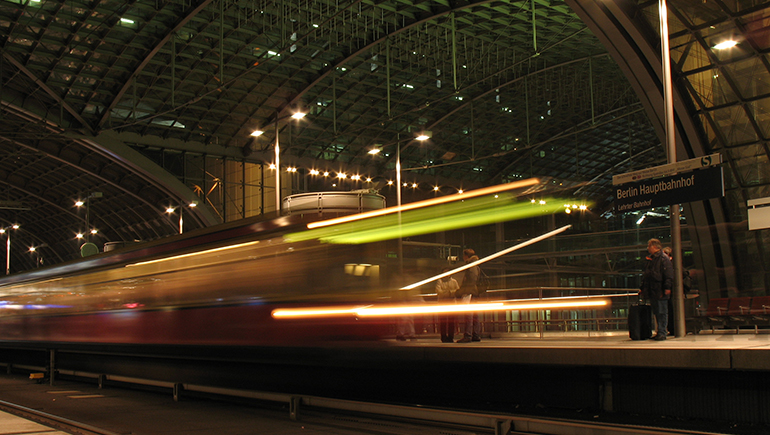A joint seminar of the UdK and TU Berlin scheduled for winter semester 2017/18 had been explored questions regarding everyday knowledge and communication about energy production and its supply.
Question and content
Almost everyone has at least an opinion about energy, its production and use, which amounts to everyday knowledge regarding the subject. This is made clear by current discussions about future vehicular drive technologies. Relying on everyday knowledge is advantageous for decision makers in business and politics; it’s a practical way to deal with everyday complexity. Especially in technical issues, everyday knowledge tends to conjure up solutions that presumably have no alternatives. A look back at the history of technology shows us, however, that the best technical solutions were not always the ones that prevailed.
Scientific knowledge stands as the alternative to intuition and what appears to be accurate assessments from our daily life experience. But opening up to scientific explanation and its ambiguity can be difficult, not least because it’s about coping with highly complex problems and contingent decisions regarding our very uncertain future. The transfer between science and real-world practice is also questionable. If one does accept scientific thinking and scientific ways of working, one has to be open to multiplicity and ambiguity. René Decartes’ dictum “Dubito, ergo cogito” (I doubt, therefore I think) can thus be a motif for us. For modern science and its expertise, the goal is today and has always been to discover the truth or at least question seemingly valid assumptions. This was the program for the explicitly trans-disciplinary seminar, which looked at the following questions, and more:
- What technical solutions exist for energy production, storage and conversion?
- What significance does technical energy have in our society?
- What are the demands from the various sectors (transport: road, water, air; household, industry, agriculture)?
- Can the maturity of these technologies be reliably and systematically be described?
- How is energy and drive power understood in other scientific disciplines? (medicine, psychology, biology, philosophy, theology, anthropology, sociology, economics, literature, etc.)?
- How useful are the humanities for the engineering sciences, and in what ways?
Target group
The course was for students of the TU Berlin and UdK Berlin.
Support from the Hybrid Plattform
Initiation and accompaniment


